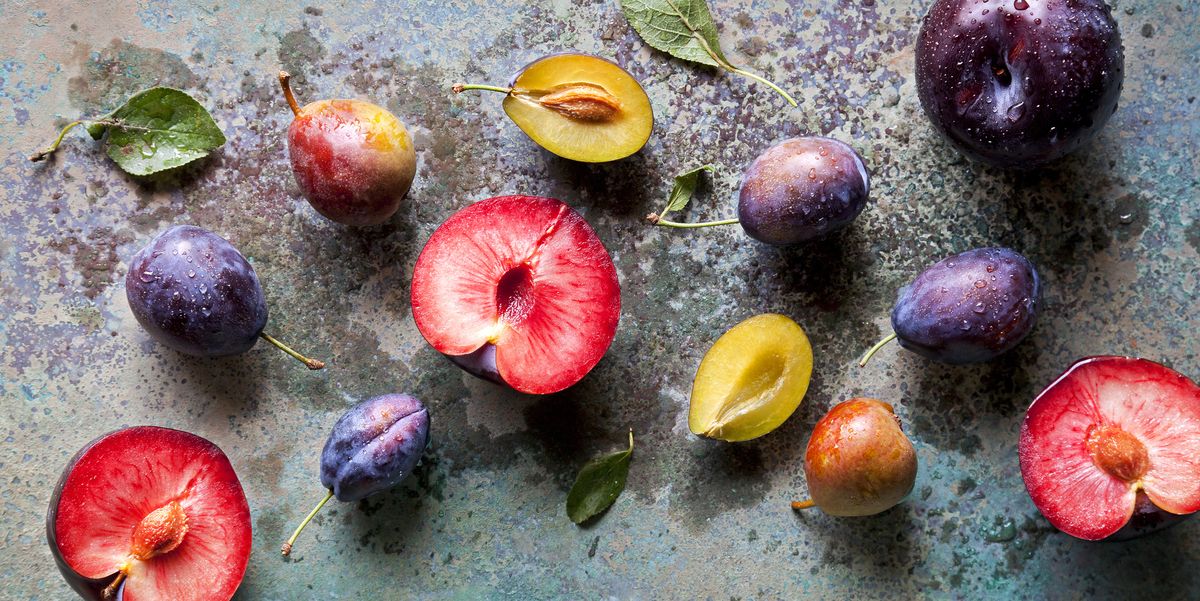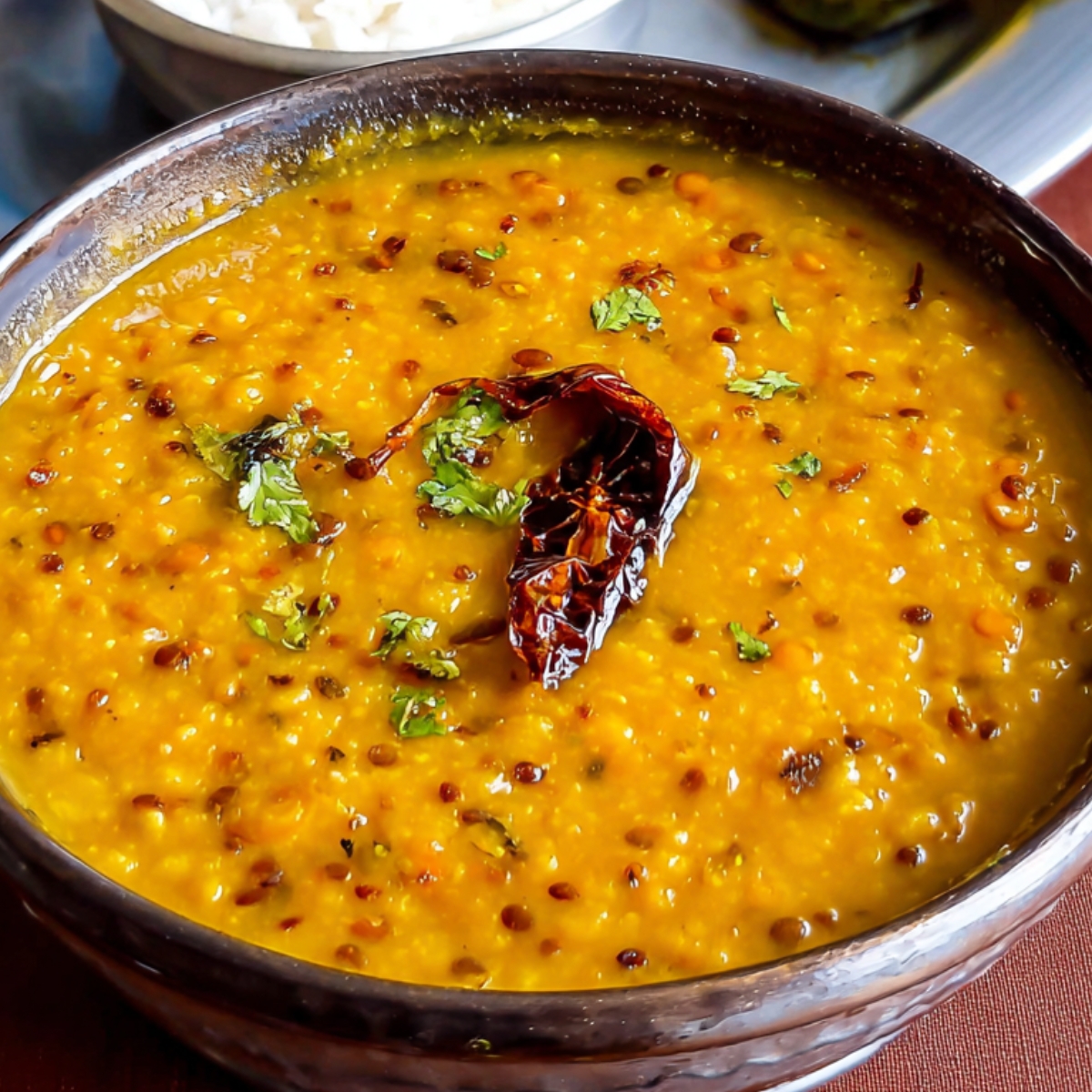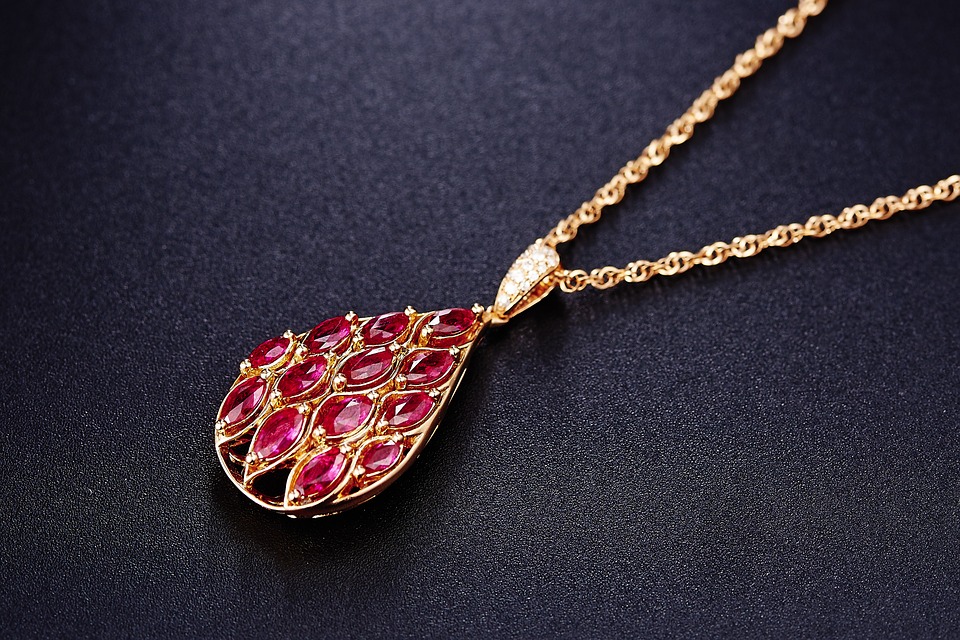The key to health, beauty and longevity: 20 foods high in fiber

Fiber is incredibly important for our body. It helps maintain gut health, improves heart function, reduces the risk of various diseases, and promotes weight loss. Health and diet specialists from Mangia NYC advice to read this article about the benefits and what fiber contains.
Also, be sure, when visitin Mangia restaurant in NYC, you will get only best, fresh and healthy foods. Chefs will cook your favorite meal rich in fiber and proteings. We are glad to see you healthy!
Everyone who cares about their health knows about the benefits of fiber in their diet. This fiber is found in most plants and is an essential nutrient for promoting healthy gastrointestinal function, lowering blood sugar levels and losing extra pounds.
Its beneficial properties were described by Hippocrates, and today everyone who promotes healthy eating is talking about it. What is this supercomponent and what foods with fiber should be included in the diet – we will analyze further.
What is fiber?
Dietary fiber, also known as fiber, is a food component that is not digested by stomach enzymes. Namely – the shell and pulp of plants – grains, legumes, vegetables, fruits and berries. It is not found in dairy products, eggs, fish, meat; it contains fiber in products of exclusively plant origin. But even different fiber-rich foods contain different types of fiber that act differently on the body. And we all need them.
In a nutshell, how exactly fiber is useful for weight loss, then in the stomach it absorbs gastric juice, the volume increases and saturation occurs earlier, which helps a person not to overeat.
The RDA for fiber is 25 grams for women and 38 grams for men. However, most people only eat about half of what they eat, or a maximum of 15-17 grams of fiber per day. Fortunately, increasing your intake of valuable dietary fiber is easy enough – try including healthy foods that contain fiber in your diet. Ahead – 20 of them.
Fiber-rich foods
1. Pears (3.1%)
Pear is a delicious and nutritious fruit. And it is one of the best fruit sources of dietary fiber.
Fiber content: 5.5 g per medium pear or 3.1 g per 100 g
2. Strawberries (2%)
Not only are strawberries an incredibly tasty and nutritious berry, but also very healthy and low-calorie. It contains a whole complex of vitamins: A, B, C and others, powerful antioxidants, as well as various minerals and nutrients: iron, magnesium, potassium, calcium, sodium, phosphorus, silicon, zinc and copper.
Fiber content: 3 g per cup or 2 g per 100 g
3. Avocado (6.7%)
Avocado is one of the main sources of healthy vegetable fats, especially for the female body, and has numerous health benefits. It is rich in vitamin C, potassium, magnesium, vitamin E and various B vitamins.
Fiber content: 10 grams in one whole avocado, or 7 grams per 100 grams
4. Apples (2.4%)
Delicious and filling apples are another valuable source of dietary fiber and iron. In addition, they contain vitamins B, C, E, PP, potassium, calcium, magnesium, iodine, manganese and pectin, as well as nicotinic acid and pyridoxine.
Fiber content: 4.4 g in a medium apple, or 2.4 g per 100 g
5. Raspberries (6.5%)
Raspberry reads probably the most delicious medicine in the world. The fragrant wild berry is very healthy and nutritious, and is also full of vitamin C and beneficial minerals.
Fiber content: 8 grams per cup, or 6.5 grams per 100 grams
6. Bananas (2.6%)
Bananas are a good source of many nutrients, including vitamins C, B6, and potassium. A green or unripe banana also contains significant amounts of resistant starch (a type of indigestible carbohydrate) that functions as fiber.
Fiber content: 3.1 grams in a medium-sized banana, or 2.6 grams per 100 grams
Other high-fiber fruits: blueberries (2.4%), blackberries (5.3%), apricots (2%).
7. Carrots (2.8%)
Carrots are a delicious, crunchy, low-calorie and highly nutritious root vegetable. It is rich in vitamin K, vitamin B6, magnesium and beta-carotene – the provitamin of vitamin A.
Fiber content: 3.6 g in one medium carrot, or 2.8 g per 100 g
8. Beets (2.8%)
Beets contain a variety of important nutrients such as folate, iron, copper, manganese, and potassium. It is also loaded with inorganic nitrates, which have various benefits related to blood pressure regulation and exercise.
Fiber content: 3.8 g per root vegetable or 2.8 g per 100 g
9. Broccoli (2.6%)
Broccoli is one of the healthiest and most nutritious foods on the planet. They contain vitamin C, vitamin K, folate, B vitamins, potassium, iron, and manganese, as well as antioxidants and powerful cancer-fighting nutrients. Broccoli has a relatively high protein content compared to most vegetables.
Fiber content: 2.4 g per cup or 2.6 g per 100 g
10. Artichokes (8.6%)
Artichokes don’t often make headlines and nutritional guidebooks. However, this vegetable contains many nutrients and is one of the world’s best sources of fiber.
Fiber content: 10.3 g per artichoke, or 8.6 g per 100 g
11. Brussels sprouts (2.6%)
Brussels sprouts are incredibly healthy fruits. It is very rich in vitamin K, potassium, folate and powerful cancer-fighting antioxidants.
Fiber content: 4 grams per cup or 2.6 grams per 100 grams
Other vegetables are high in fiber: Almost all vegetables contain significant amounts of fiber; other notable examples are cabbage (3.6%), spinach (2.2%) and tomatoes (1.2%).
12. Lentils (7.9%)
Protein-rich lentils contain many essential nutrients and are considered one of the most nutritious foods in the world.
Fiber content: 15.6 grams per cup of cooked lentils, or 7.9 per 100 grams
13. Beans (6.4%)
Beans are a popular type of legume. Like other legumes, it contains a large amount of vegetable protein, various vitamins and minerals.
Fiber content: 11.3 grams per cup of cooked beans, or 6.4 per 100 grams
14. Peas (8.3%)
Both young and split peas are healthy and nutritious foods rich in fiber and other valuable substances.
Fiber content: 16.3 grams per cup of cooked peas, or 8.3 grams per 100 grams
15. Chickpeas (7.6%)
Chickpeas are a popular type of legume that is packed with nutrients, including protein, healthy fats, and a range of vitamins. Thanks to its high fiber content, it improves digestion, has a beneficial effect on the heart, and also regulates blood sugar levels.
Fiber content: 12.5 grams per cup of cooked chickpeas, or 7.6 per 100 grams
Other legumes that are high in fiber include black beans (8.7%), edamame (5.2%), lima beans (5.3%), and baked beans (5.5%).
Most legumes are high in protein, fiber, and various nutrients. They are some of the most affordable sources of quality nutrition in the world.
16. Quinoa (2.8%)
Quinoa porridge is a healthy superfood that has become incredibly popular among healthy lifestyle enthusiasts over the past few years. It is a treasure trove of nutrients, including protein, magnesium, iron, zinc, potassium, and antioxidants.
Fiber content: 5.2 grams per cup of cooked quinoa, or 2.8 grams per 100 grams
17. Oatmeal (10.6%)
Oatmeal is one of the healthiest grains in the world. They are rich in vitamins, minerals and antioxidants, and also contain powerful soluble fiber (oat beta-glucan), which has a beneficial effect on cholesterol and blood sugar levels.
Fiber content: 16.5 grams per cup uncooked oatmeal, or 10.6 grams per 100 grams
Other grains high in fiber
Almost all grains are high in fiber. However, one of the first places is occupied by bran, 100 g of which contains 15 g of dietary fiber. Just add 1 tablespoon daily to cereals, salads, yoghurts or kefir.
This also includes popcorn (14.5 g per 100 g). Therefore, if your goal is to increase your fiber intake, popcorn may be one of the best snack options.
18. Almonds (12.5%)
Almonds are very rich in a variety of nutrients, including healthy fats, vitamin E, manganese, and magnesium. And it is a great choice for a daily snack, which you can always take with you.
Fiber content: 3.4 grams per ounce or 12.5 grams per 100 grams (29).
19. Chia seeds (34.4%)
Chia seeds are another popular superfood recommended by all health food gurus. The tiny black seeds are very nutritious and are high in magnesium, phosphorus, calcium and of course fiber.
Fiber content: 10.6 g per 1 tablespoon or 34.4 g per 100 g
Other nuts and seeds are high in fiber: coconut (9%), pistachios (10%), walnuts (7%), sunflower seeds (8.6%), and pumpkin seeds (18.4%).
20. Dark chocolate (10.9%)
Dark chocolate is arguably one of the most delicious foods in the world. It is also surprisingly rich in nutrients and is one of the most valuable sources of antioxidants and fiber. Just make sure to choose dark chocolate with a cocoa content of 70-95% or higher, and avoid products with added sugar.
Fiber content: 10.9 g / 100 g








